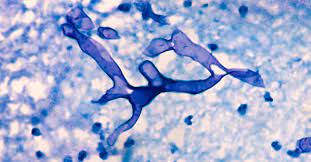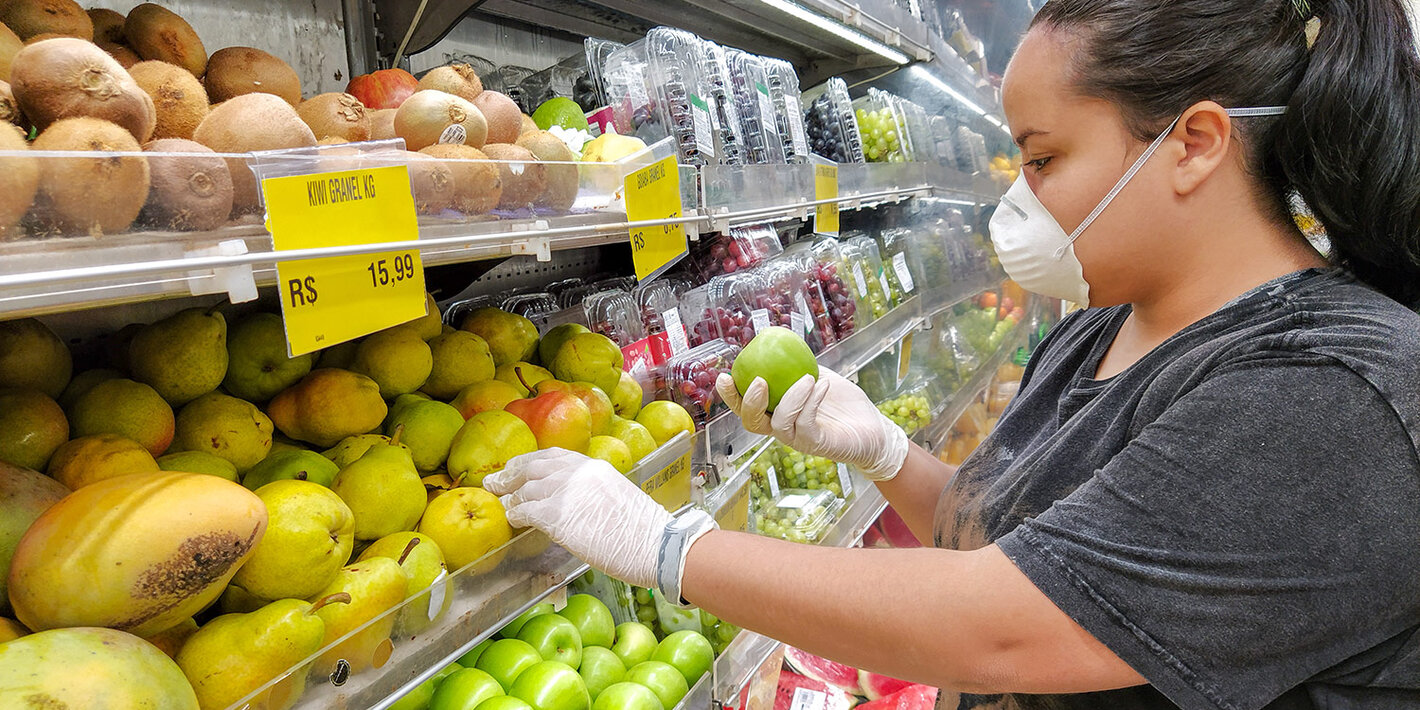25 June 2022 UN Health
The monkeypox outbreak does not currently constitute a global public health concern, the World Health Organization (WHO) said on Saturday, though “intense response efforts” are needed to control further spread.
The announcement comes two days after WHO chief Tedros Adhanom Ghebreysus convened an Emergency Committee on the disease, under the International Health Regulations (IHR), to address the rising caseload.
“The WHO Director-General concurs with the advice offered by the IHR Emergency Committee regarding the multi-country monkeypox outbreak and, at present, does not determine that the event constitutes a Public Health Emergency of International Concern (PHEIC),” the UN agency said in a statement.
The PHEIC declaration is the highest level of global alert, which currently applies only to the COVID-19 pandemic and polio.
Monkeypox, a rare viral disease, occurs primarily in tropical rainforest areas of Central and West Africa, though it is occasionally exported to other regions.
Since May, more than 3,000 cases have emerged in 47 countries, many of which have never previously reported the disease. The highest numbers are currently in Europe, and most cases are among men who have sex with men.
Preventing further spread
There have been few hospitalizations to date, and one death.
“The Committee unanimously acknowledged the emergency nature of the outbreak and that controlling further spread requires intense response efforts,” the statement said.
Members have also recommended that the situation should be closely monitored and reviewed after a few weeks.
Conditions that could prompt re-assessment such as evidence of an increased growth rate in cases over the next 21 days, occurrence of cases among sex workers, significant spread to and within additional countries, and rising caseloads among vulnerable groups such as persons with poorly controlled HIV infection, pregnant women and children.
Other situations mentioned include evidence of reverse spillover to the animal population, or significant change in viral genome.
Rapid spread a concern
In a statement, Tedros said he is deeply concerned by the spread of the disease, and that both he and WHO are following the evolving threat very closely.
“What makes the current outbreak especially concerning is the rapid, continuing spread into new countries and regions and the risk of further, sustained transmission into vulnerable populations including people that are immunocompromised, pregnant women and children,” he said.
He underscored the need for both collective attention and coordinated action through public health measures including surveillance, contact-tracing, isolation and care of patients, and ensuring vaccines, treatments and other tools are available to at-risk populations and shared fairly.
The WHO chief noted that the Committee had pointed out that Monkeypox has been circulating in a number of African countries for decades and has been neglected in terms of research, attention and funding
“This must change not just for Monkeypox but for other neglected diseases in low-income countries as the world is reminded yet again that health is an interconnected proposition,” he said.
WHO has convened hundreds of scientists and researchers to speed up research and development into Monkeypox,
The UN agency urged countries to collaborate, share information, and engage with affected communities, so that public health safety measures are communicated quickly and effectively.












